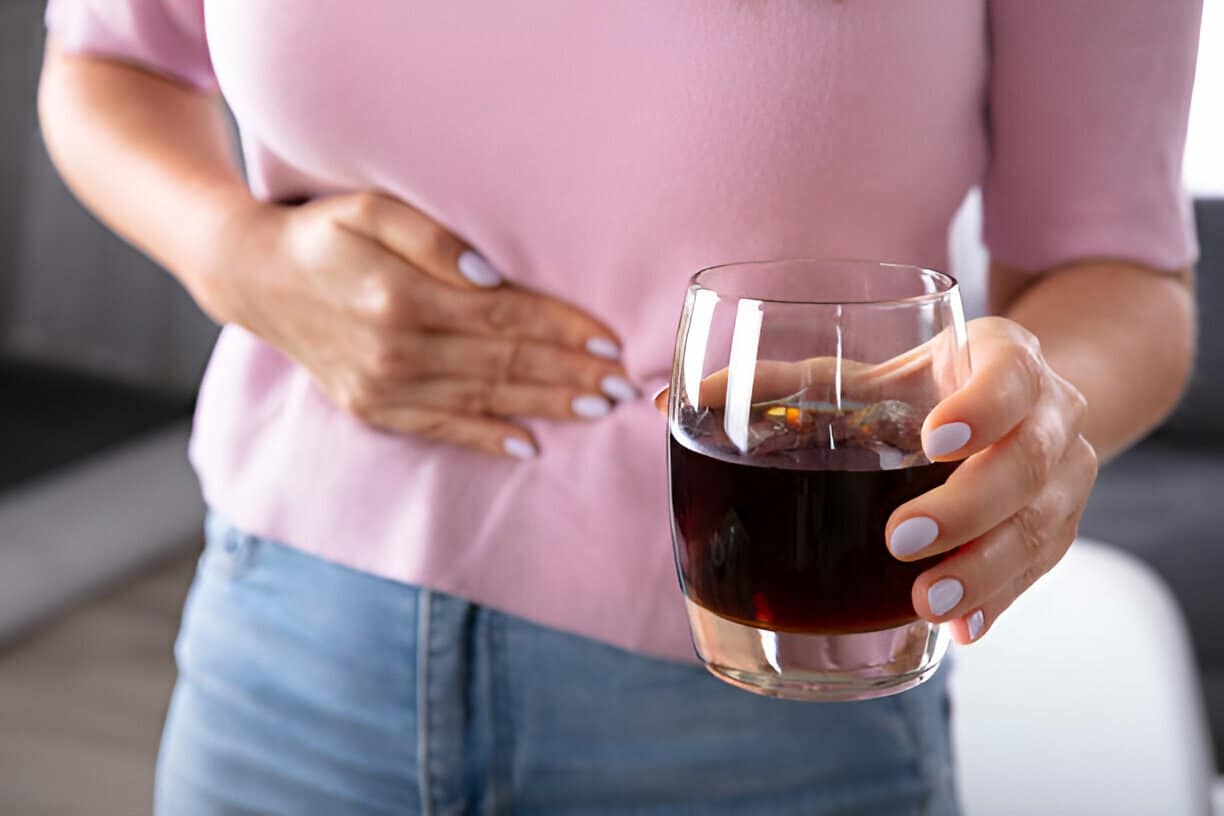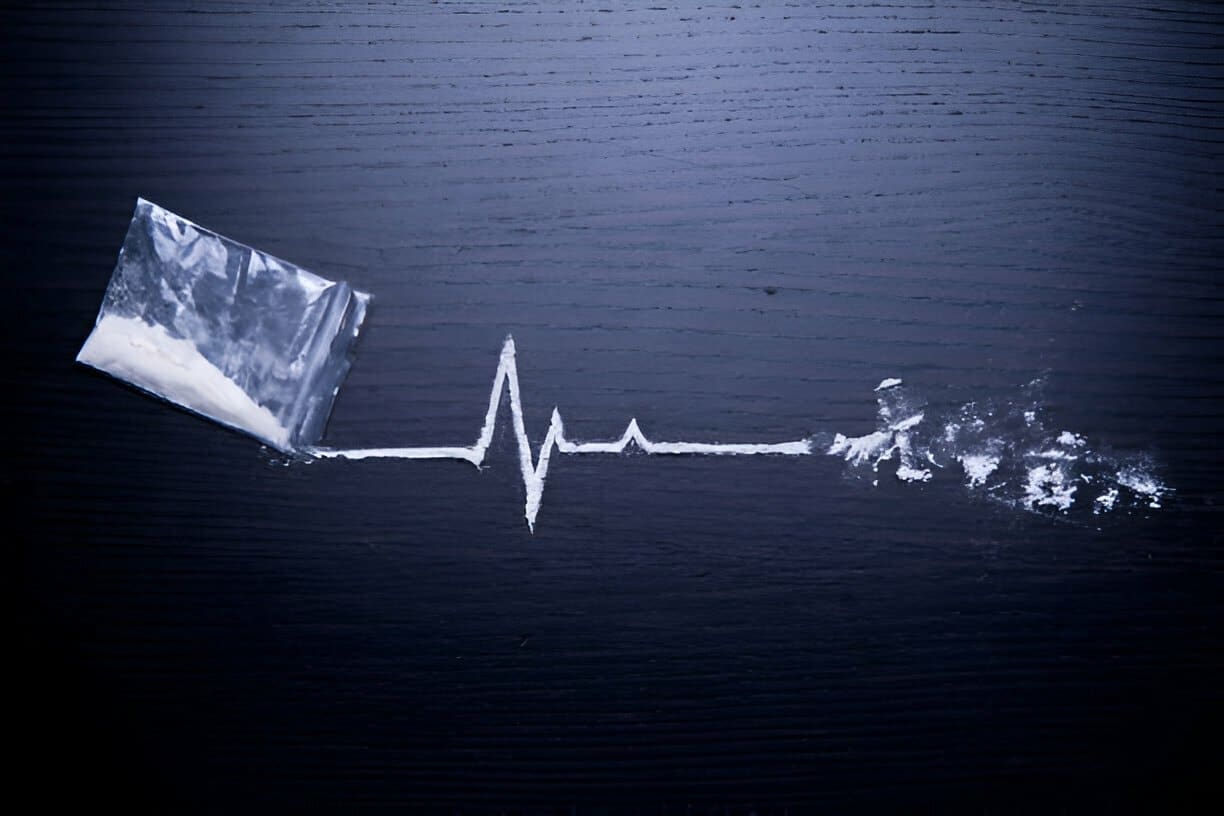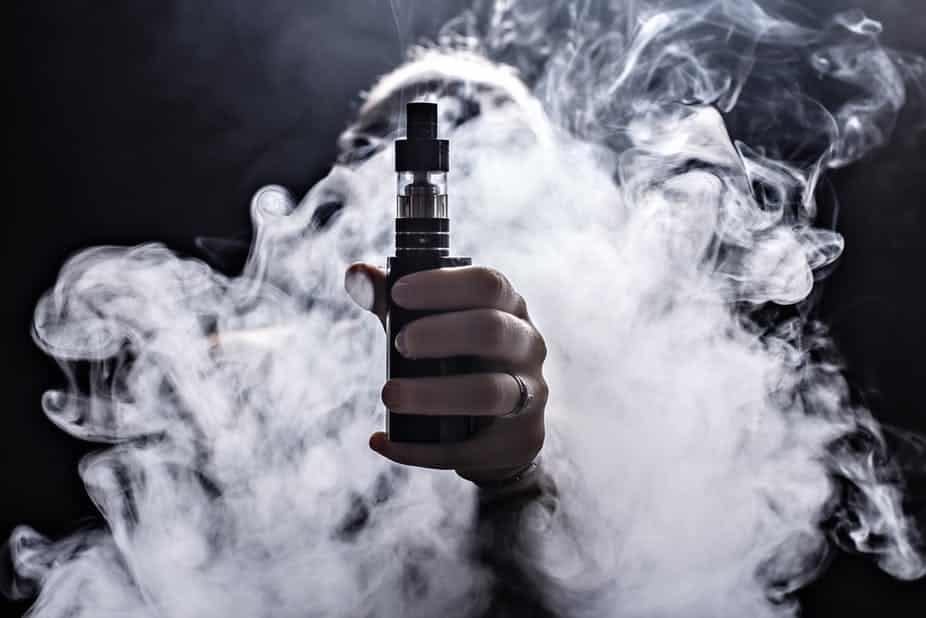Whether prescribed, over-the-counter, legal, or illicit, taking too much of any substance is considered a drug overdose. Overdosing on drugs can be accidental or intentional.
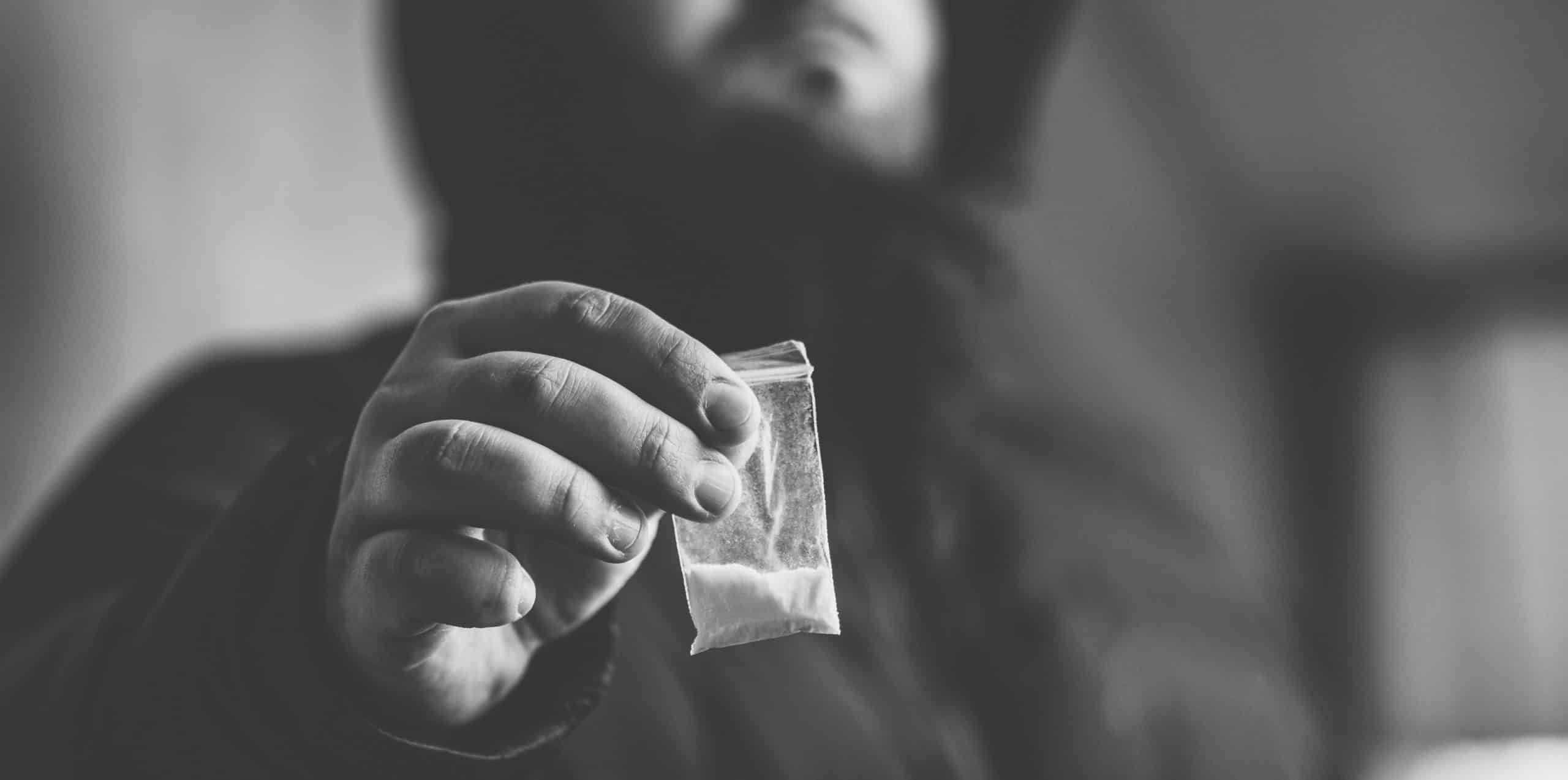
An overdose occurs when a person takes a toxic amount of a substance (or multiple substances), and the effects of the overload disrupt their brain and body’s capacity to operate normally.
Even when a drug overdose isn’t deadly, overdose-related toxicity can have many negative short- and long-term health implications. The drug determines the severity of a drug overdose, the amount consumed, and the person’s physical and medical history.
Overdose symptoms vary, and it can be difficult to distinguish between relatively minor drug side effects and symptoms of a life-threatening overdose.
If your loved one needs support dealing with an Alcohol Addiction, contact us today on 0800 999 1083. We can help you by recommending treatment options.
A wide range of drugs can cause overdose, including:
The symptoms of an overdose can vary widely depending on which substance, or substances, someone used. With certain substance types, such as opioids, the signs and symptoms of an overdose may be somewhat distinct from or otherwise reflect a dangerous progression of the short-term effects of the drug.1 In such instances, developments such as becoming unresponsive to stimulation or having slowed or stopped breathing could be specific red flags that may indicate an overdose rather than merely intoxication or being high.
Opioids, benzodiazepines, and alcohol are all depressants that influence the central nervous system. CNS depressants reduce blood pressure and body temperature while also slowing the heart rate and breathing. This is why these medications have sedative effects, which allow anxiety to decrease and a calm and euphoric effect to emerge. When depressants are used in excess, they can cause serious side effects such as respiratory failure, overdose, coma, and even death.
Potential signs and symptoms of a depressant overdose include:
Overdose deaths from single-drug benzodiazepines are uncommon, especially after admission to the hospital. High doses of benzodiazepines combined with alcohol, barbiturates, opioids, or tricyclic antidepressants, on the other hand, are particularly dangerous and can result in serious complications such as coma or death.
Potential signs and symptoms of benzodiazepine overdose include:
Given how opioids work once consumed, they are one of the easiest medications to overdose on. Opioid receptors can be found throughout the human body, including the brain, central and peripheral nervous systems, and the gastrointestinal tract. These receptors are triggered when someone uses an opioid, which causes the body to slow down. When the body is overwhelmed with opioids, all of these receptors are blocked, and the body is unable to complete other tasks. This increases the danger of overdose, which can cause a person’s breathing to slow to the point of stopping.
Different opioids have varying degrees of severity. Whereas someone who just took Heroin could take a few minutes to feel the effects of an overdose, someone who takes Fentanyl will feel it in seconds. These potent opioids caused the Opioid Epidemic.
Potential signs and symptoms of an opioid overdose include:
When you drink more alcohol than your body can adequately handle, you get an alcohol overdose. In most cases, the body can safely digest 1 unit of pure alcohol every hour (estimated to be the amount of alcohol in a small shot of liquor, a half-pint of beer, or a third of a glass of wine).
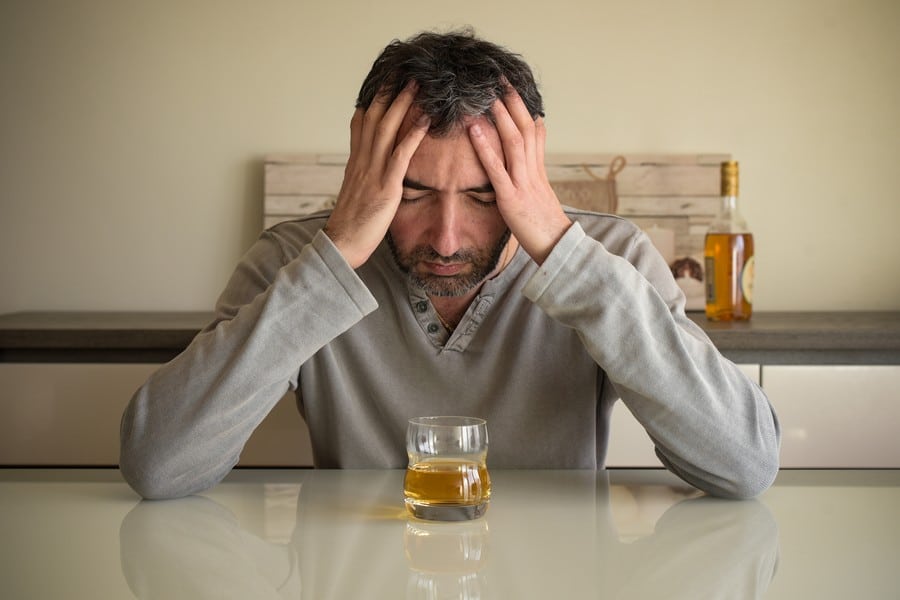
If a person consumes more alcohol in a shorter amount of time, the alcohol builds up in the body due to the body’s inability to digest it quickly enough, and the alcohol spreads throughout the body. This could result in an alcohol overdose or alcohol poisoning.
Symptoms of alcohol poisoning include:
Stimulants like meth and cocaine act on the CNS in the opposite way that opioids do. Heart rate, blood pressure, body temperature, and breathing will all increase. When the cardiovascular system, respiratory system, or blood circulation rate is strained to the point of failure, it is known as a stimulant overdose.
Symptoms of Stimulant overdose include:
Remember that some overdoses can occur when two or more harmful substances, such as those listed above, are used together. Meth + cocaine, alcohol + benzos, heroin + benzos or alcohol, can have additive effects that increase the dangers of the individual substances. Overdoses caused by benzodiazepines, for example, frequently also involve the abuse of prescription or illegal opiates. If you have even the slightest suspicion that someone is overdoing, call 999 right away and stay with the person who may be in danger.
Taking an overdose may happen because:
It’s not always evident if an overdose was accidental or intentional. Both factors could be present. It’s critical not to pass judgement on individuals who have overdosed and to have an open mind about the reasons.
Many factors can contribute to or increase the likelihood of an overdose. Some of these elements are:
Anyone can overdose, especially when using drugs for the first time or using after a period of not using. You’re considerably more likely to do so again if you’ve previously overdosed. Overdosing can be avoided in several ways, including:
If you think someone has taken an overdose:
If you think someone may have taken an overdose, but they are not showing any symptoms and seem okay, call 999 for advice on what to do. An overdose can still be an emergency, even if the person seems OK at first. Paracetamol overdose is an example of this.
After performing the previous first aid steps and with the online guidance of a health professional, consider giving Naloxone to someone overdosing on opioids.
Naloxone (provided under the brand names Prenoxad and Nyxoid in the UK) is a medication used to reverse opioid overdose. This drug has been offered as a ‘take home’ emergency medication in the UK since 2015.
Naloxone is an opioid agonist that works by blocking the effects of opioids on the body. Depending on the severity of the overdose, one to multiple doses of Naloxone can actually stop it from happening and save someone’s life.
Medical care for an overdose depends on:
If you go to the hospital for a suspected drug overdose, the healthcare team will:
Overdosing on stimulants has no FDA-approved treatment. There are, however, drugs that can help reduce or regulate high blood pressure, pulse, body temperature, and any breathing problems. Anti-epileptic drugs, for example, can be used to stop someone from having convulsions or seizures. Getting the victim to an emergency room as soon as possible can save their life.
Everyone who has suffered an overdose should schedule a follow-up appointment with their doctor. Your doctor can keep track of your progress, recommend future treatment (if necessary), and make arrangements for more assistance (referral).
Though consciousness may return within a day or two after a drug overdose, the substance may remain in the brain for another one to three weeks, causing withdrawal symptoms such as insomnia, restlessness, heightened paradoxical (R.E.M.) sleep, epileptic events, and even delirium.
Many people can recover completely without lasting physical damage depending on which substances are ingested in an overdose.
Don’t go through the process of recovery alone. Treatment providers can answer your questions. Get in touch with one today.
Call 0800 999 1083 today!
It’s critical to treat any medical complications that arise after an overdose. Individuals may develop abnormal vital signs, memory loss, and cardiac, respiratory, or gastrointestinal issues that require constant medical attention.
If the overdose was deliberate, the person will undergo a mental health evaluation and, if needed, psychiatric treatment. Hospitalisation or a compulsory outpatient programme may be part of the court-ordered treatment. In some countries, healthcare experts can ask for a civil commitment for those who are a danger to themselves, such as those who intentionally harm themselves by overdosing.
It is possible to overdose on a drug for the first time, but this is part of a larger pattern of substance abuse and dependence for many people.
The most successful substance abuse treatments involve medication and behavioural therapy and are individually tailored. A skilled specialist can assist you in determining your alternatives, which may include both inpatient and outpatient treatments.
Medication-assisted treatment is a proven substance abuse treatment that reduces drug use and improves survival rates. Methadone, buprenorphine, and naltrexone are FDA-approved opioid addiction treatments for prescription pain medicines and heroin. The drugs disulfiram, naltrexone, and acamprosate are commonly used to treat alcoholism.

If you or a loved one is struggling with addiction, don’t wait. Get help today. Call us on 0800 999 1083 to discuss addiction treatment options.
According to the Centers for disease Control and Prevention (CDC), those who have had one drug overdose are more likely to have another. In addition to seeking treatment for a substance use disorder, there are several ways of reducing the chances of a second overdose. These include:
Abusing illicit drugs often leads to drug overdose deaths. If you were lucky enough to survive an illicit drug overdose, take a step back and consider reaching out for additional help.
Our addiction specialist can provide free guidance and referrer you to the best drug addiction treatment available. At those Rehab facilities, medical professionals can help you overcome your addiction and start on the path of recovery.
Call us now on 0800 999 1083 for confidential help and to discuss treatment options.

BACP accredited psychotherapist with 16 years experience working in mental health specialising in psychodynamic person-centred therapies treating those with a range of mental health disorders including anxiety, depression, OCD and Addiction.

Fill in your details and we’ll send you a message via SMS.

No matter where you live, there are drug and alcohol rehab options for you to discover. Treatment providers are waiting to answer your questions. Get started today.

Ever felt that gnawing ache or burning sensation in your gut after a night of drinks? You’re not alone. Stomach pain after drinking is a common complaint, and there are a few reasons why it might happen. Let’s delve into the science behind the discomfort and explore ways to soothe your stomach. The Irritating Truth: … Continued

Cocaine, a stimulant known for its short-lived burst of energy and euphoria, hides a dark side. Behind the initial high lies a dangerous potential for overdose, with severe health consequences and even death. This article delves into the world of cocaine overdose, equipping you with the knowledge to recognize the signs, understand the dangers, and … Continued

Adult smoking habits in the UK refer to how often and in what ways people aged 18 and above use tobacco. This includes everything from smoking cigarettes every day to occasionally lighting up, as well as using other tobacco products. Understanding these habits is important for several reasons: Public Health: Smoking causes many diseases that … Continued

Addiction in the UK is a complex issue that is connected to various aspects of society such as healthcare and law enforcement. It affects people from all backgrounds and has negative impacts on families, communities, and the entire nation. Understanding addiction involves not only looking at the uncontrollable use of substances and repetitive behaviors but … Continued

Don’t go through the process of recovery alone. Treatment providers can answer your questions. Get in touch with one today.
Call 0800 999 1083 today!





